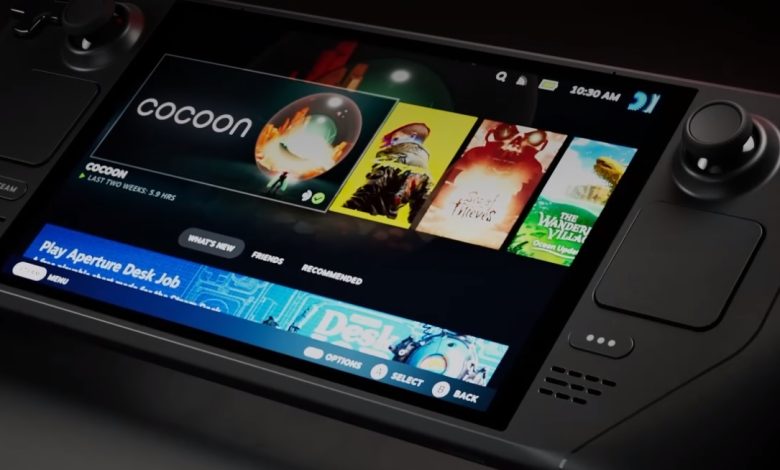
I would not be surprised if the title of the article sounded ludicrous or even... blasphemous to some readers. "A handheld defines the future of PC gaming? Hell no!". And yet, underneath the console-like shell of Valve's device lies ten-plus years of work, the opportunity for our beloved platform to break its historical shackles, and a great chance for all of gaming to take a step forward. There are many specific reasons why the Steam Deck is the right device, from the right maker, at the right time. Let's go through them together.
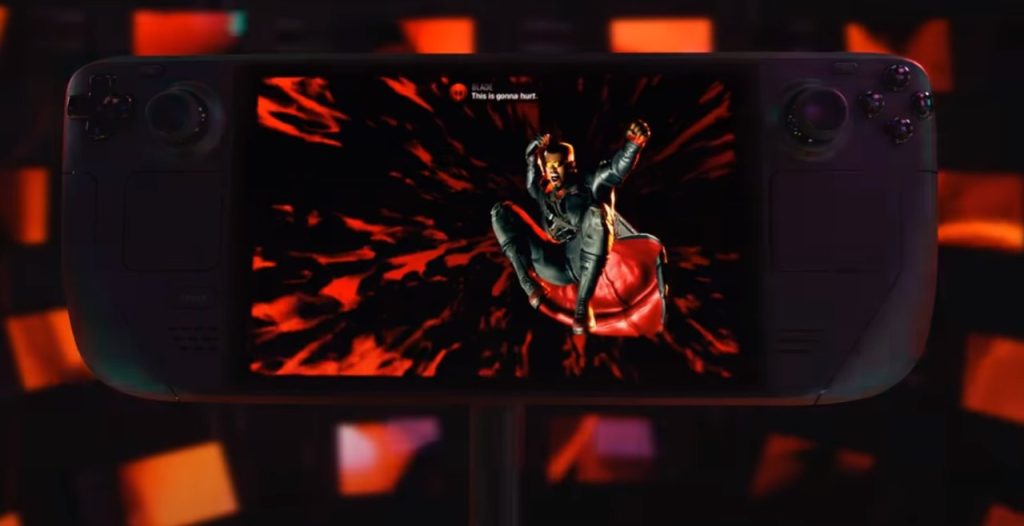
The right device
One of the long-standing weaknesses of PC gaming was that as a platform it never had a reference device, a piece of hardware that would act as a focal point and a point of entry. To a novice user's question "I want to get into PC gaming, where do I start?" the time-honoured answer has always been "build your own PC". A very good piece of advice given the advantages that custom PC building offers in terms of customization, cost and gaining useful experience, but undoubtedly also a daunting task for someone who is just starting out in the field and is required to do market research, gather the various components and set up a machine from scratch. So here's the first advantage of Steam Deck: an accessible and simple introduction to PC gaming in a way and form factor that doesn't scare the beginner away.
But perhaps the most important "mission" of Steam Deck is its role as a Trojan Horse for solving the age-old paradox of PC gaming: the most open platform on the market is based on the seemingly open, but completely proprietary Windows operating system, owned and controlled by Microsoft. Valve and the community's amazing work on Proton, the translation layer responsible for running Windows games smoothly on Linux, has opened up a prospect that most of us thought was a mere pipe dream: The untethering of PC gaming from Windows. The commercial success of Steam Deck, the developer support it is receiving and the might of Valve are factors that are sure to rapidly accelerate this much-needed transition. And because some will rightly ask "but are we trading one oppressor (Microsoft) for another (Valve)?", the answer is simple: The transition to Linux and the fact that SteamOS, Proton and almost all of Valve's other work in this area is open source (I say almost because I don't have the knowledge to speak about everything with absolute certainty) are a strong safeguard against Valve too, if at some point in the future it decides to cross the Rubicon and threaten the independence of PC gaming.
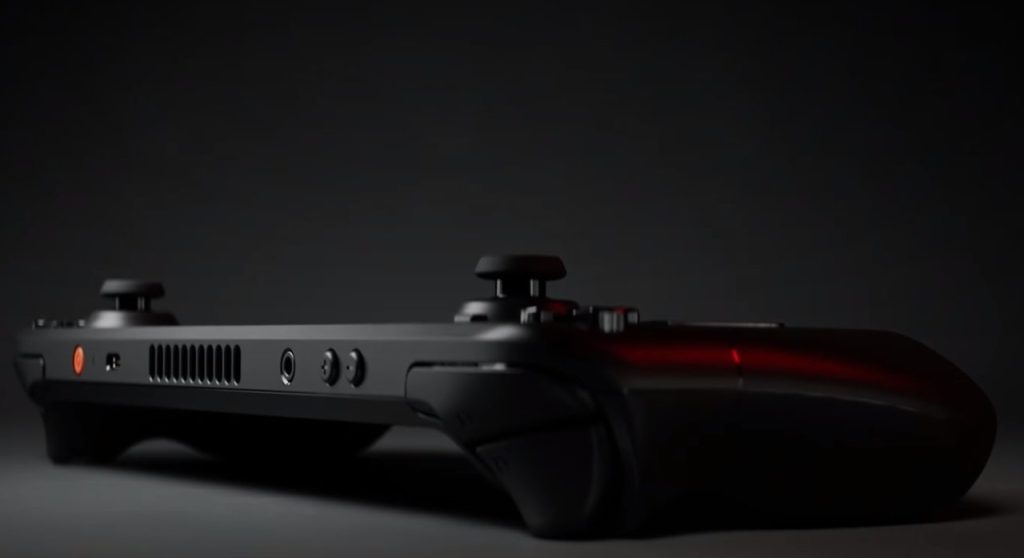
The right maker
It's no secret that much of the PC gaming audience (including the author of this piece) holds Valve in high regard. The company has undoubtedly played a leading and pivotal role in the rise of PC gaming from the difficult years of the 2000s, when much of the gaming industry wanted to declare the platform dead (including some of its current self-proclaimed 'saviours'), to the renaissance of the 2010s and the boom we see today. Valve's work, its support of PC gaming and focus on pro-consumer policies earned them the public's complete trust. But that is not the main reason why I believe Valve is the right maker.
Since we're not naive enough to believe that the people at Valve are doing what they do out of the kindness of their hearts, the main reason they are the right maker is that the company's unique characteristics and interests are aligned with those of PC gamers. Valve is a private company, so it has no legal obligation to focus solely on short-term profit and infinite growth. Valve is also a company whose core business is Steam and by extension PC gaming. Unlike all the other major digital distribution companies that make most of their revenue from the console market, for Valve the advancement and longevity of PC gaming is its sole and absolute priority. Love, fanboyism and other such nonsense aside, Valve's position as the de facto leader of PC gaming perfectly serves our interests right now as PC gamers.
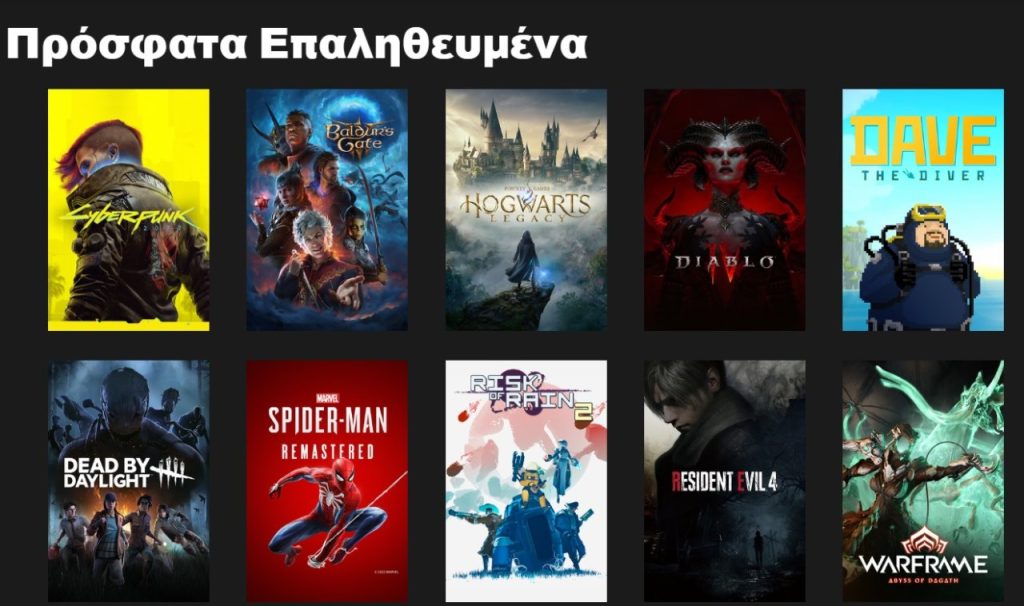
The right time
People say "strike while the iron is hot". Timing plays a huge role in our lives and this is the right time, under today's circumstances, for a new paradigm to change the market and break the existing stereotypes in both the PC and console gaming markets. At a time when the platforms now have a lot in common but also entrenched differences, a hybrid device like the Steam Deck can show gamers that PC gaming doesn't necessarily have to take the form of a box on a desk, or that a console doesn't necessarily have to be so locked down.
Then there's the issue of cost. We all know and have felt in our pockets the price increases of PC hardware in recent years. Now that the budget part of the market tends to disappear from Nvidia and AMD's plans and graphics cards offer worse value for money than in the past, now having a full and relatively powerful gaming PC at prices starting under 300€ (for refurbished models) is a real lifeline for so many PC gamers who felt trapped in their old machines and unable to keep up with hardware price hikes. Valve said during the launch of the first Steam Deck that for many users the device would be a substantial PC upgrade. At the time it had struck me as a rather odd notion, now I totally embrace it.
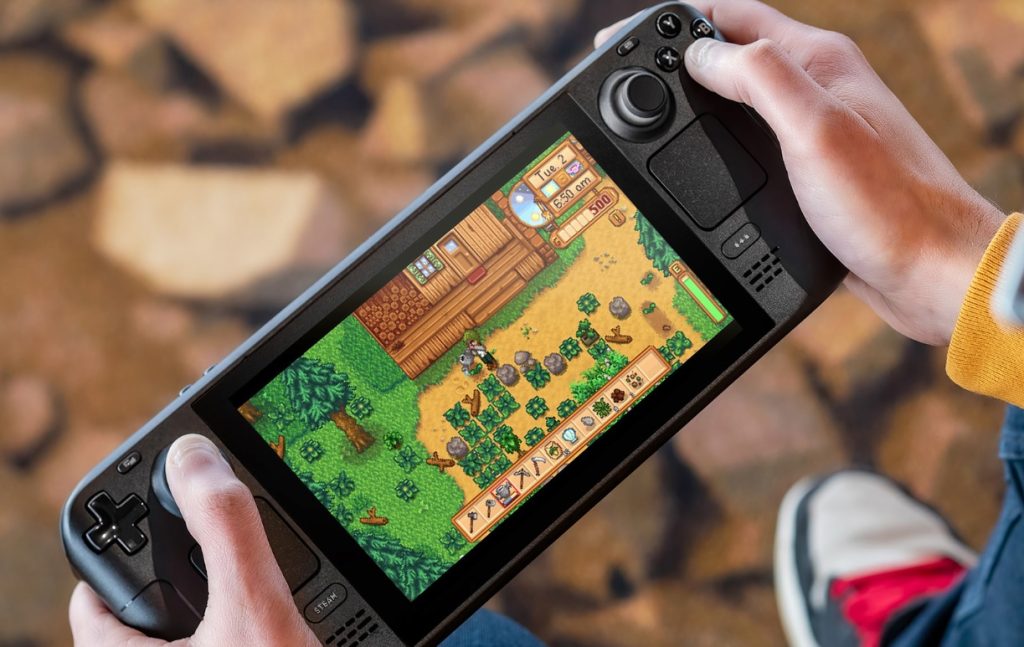
For all these reasons I believe that Steam Deck is the right device, from the right maker, at the right time to truly push gaming forward. And just before I end this article I'd like to confide to you one more reason (this time purely personal) for why I'm happy with the success of Valve's hybrid and which is indirectly referenced under the title of the article. I've seen a lot of debate online about whether Steam Deck is a console-like PC or PC-like console. For me, a child of the 80s, Steam Deck is the reincarnation and grand return of a type of machine that many of us grew up with before it succumbed to the onslaught of PCs. For me, Steam Deck is the living legacy of 80s and 90s home computers.
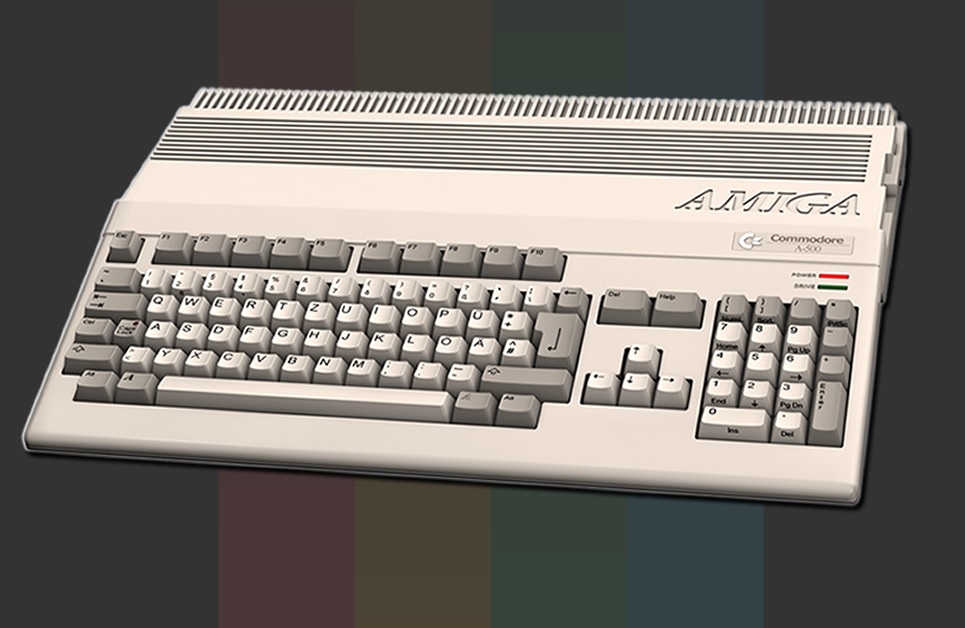
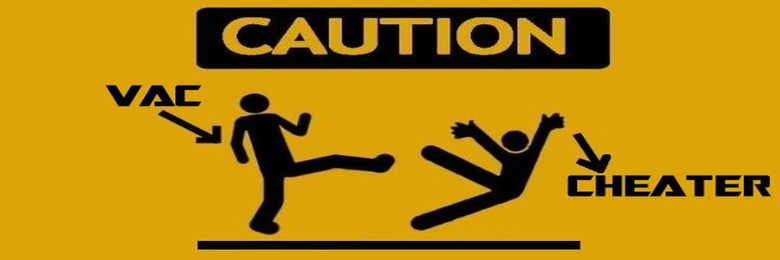





data-trpgettextoriginal=57 comments